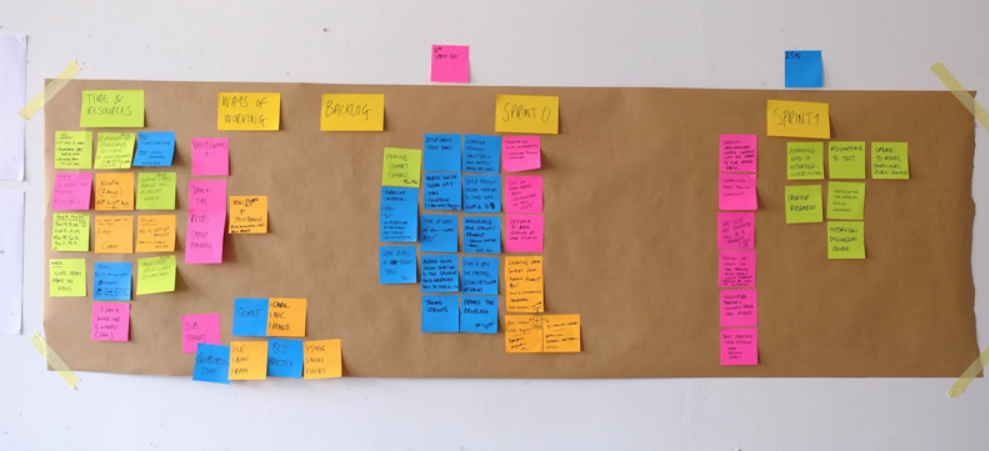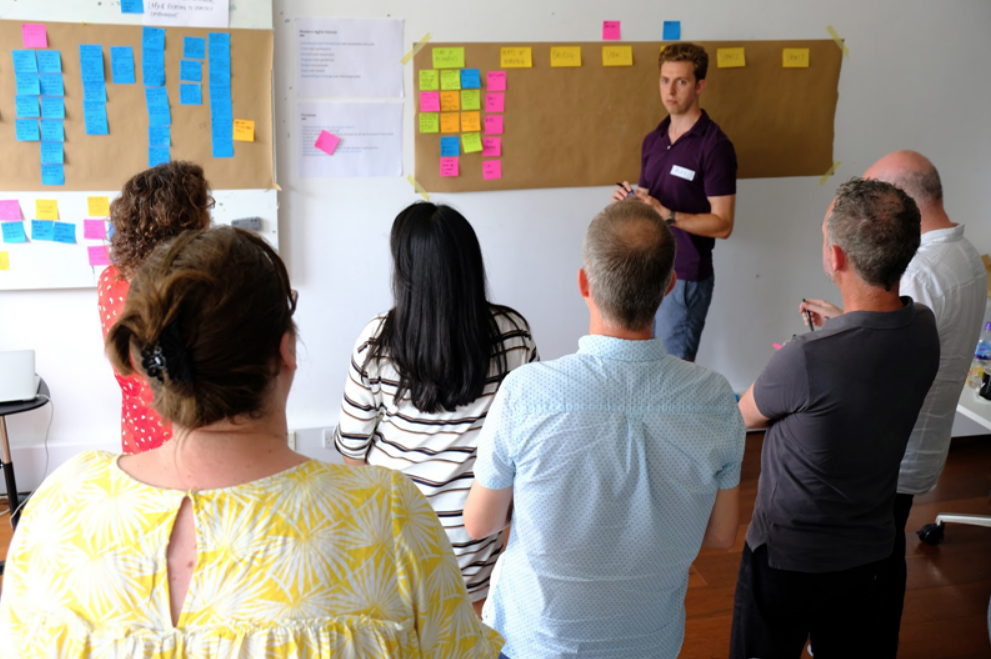
Over the last 2 decades changes to the pension age has meant the group of people leaving the labour market has got older. People are having to stay in work for longer.
For manual workers especially, this presents problems. Many did not expect to have to continue to do physically-demanding work well into their sixties.
This was the focus of the Futures Academy cohort’s next piece of work: the impact of changing retirement age on residents of Essex with a particular focus on people in physically-demanding roles.
For this group there’s many pertinent age-related factors at play. An estimated 1.1million people aged 50-64 who left their job in the past eight years, may have done so for ‘involuntary reasons’, typically through ill health, caring responsibilities or redundancy (DWP 2017).
As a council we know that this is happening, we know it’s an issue, but we don’t quite know what we should do. That’s what this piece of work is about.
In the first week of the Futures Academy course our multidisciplinary team had explored a service problem faced by Essex Libraries. This gave us an intense introduction to user-centred research methods. Now we’d settled on the subject matter of the next piece of work, it was time to plan it. Also on the agenda was to explore the rhythms and patterns of Agile working.
We were off site, the temperature was high and the air conditioning wasn’t working. But it was good to see everyone for our first group session since the initial week-long sprint.

Planning is a team sport
As a group we were shown and rehearsed a range of useful exercises to help us to establish a focus that will guide us through the next six weeks of the project, chunking that time down into 3, 2-week sprints .
For me the takeaway was ‘plan backwards’. This means: think about what we want to deliver by the ‘show and tell’ at the end of the first sprint and plan to make it happen. How best to do this?
- Just enough research - Focussing on getting the most value from our thirst for qualitative and quantitative information. Delving deep enough into research to satisfy our curiosities and to hear repeat messages. But avoid time-consuming rabbit holes.
- Ruthless prioritisation, all the time focusing on the value every action adds to our understanding of the problem, our understanding of service user behaviours or delivering our plans for the end of the sprint.
Next steps
The group subdivided into three smaller teams focusing on qualitative research, quantitative research and best practice. Each team will focus on:
- Developing an understanding of the cohort based on behaviours and creating a series of assumptions and insights that can be tested through user research
- Seeking to establish a research base underpinned by national and local data
- Documenting and understanding best practice models that have been set up to tackle the issue in the UK or further afield
We left hot and tired, but with a clear focus for next sprint (the planning sprint). We’re now at the stage of sharing and synthesising what has been learnt ahead of Sprint 1.
1 comment
Comment by Dan posted on
🙂